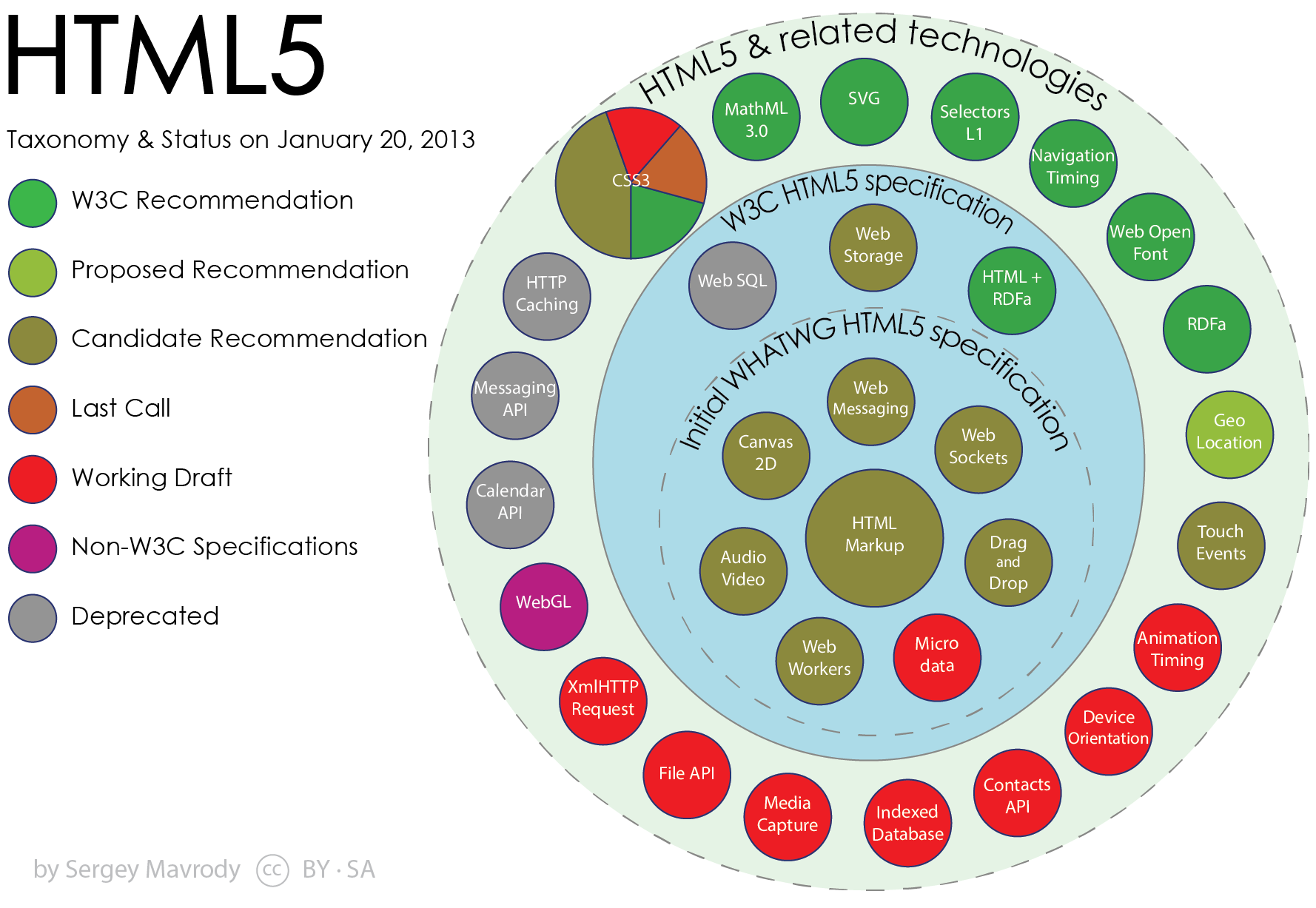What is API Technology – In today’s digital landscape, technology has become deeply interwoven into our daily lives, driving innovative solutions and streamlining processes across various industries. One of the key technological advancements that have revolutionized the way software applications interact with each other is API technology. In this article, we will explore the fundamental concepts of API technology, its benefits, real-world applications, challenges, and its promising future.
Understanding API Technology
What is an API?
API stands for Application Programming Interface. In simple terms, it is a set of rules and protocols that enables different software applications to communicate and interact with each other. APIs act as intermediaries, allowing applications to request services and data from other software systems without needing to understand their internal workings. This simplifies the development process and enhances the functionality of applications.
How APIs Work
APIs work on a request-response mechanism. When one application wants to access the functionalities or data of another application, it sends a request to the API. The API processes the request and responds with the necessary data or action. This communication can happen over the internet, and APIs ensure that the interaction is seamless, standardized, and secure.
Types of APIs
There are several types of APIs, each serving different purposes. Some common types include:
- Web APIs: These are APIs that enable communication between web servers and client applications, allowing access to web services and data.
- RESTful APIs: Representational State Transfer APIs follow a specific architectural style and are widely used due to their simplicity and scalability.
- SOAP APIs: Simple Object Access Protocol APIs use XML messages for communication and are known for their robustness and security features.
- JSON-RPC APIs: JavaScript Object Notation Remote Procedure Call APIs use JSON for data interchange and are popular in web development.
Advantages of API Technology
Enhanced Connectivity
APIs foster seamless connectivity between applications, enabling them to work together harmoniously. Businesses can integrate third-party services into their platforms effortlessly, offering customers a more comprehensive and enriched experience.
Scalability and Flexibility
APIs provide a modular approach to application development, allowing developers to add new features and functionalities without disrupting the existing system. This flexibility ensures that applications can adapt and scale according to changing requirements.
Streamlined Development
By using APIs, developers can save significant time and effort by leveraging pre-built functionalities instead of reinventing the wheel. This accelerates the development process, enabling faster time-to-market for products and services.
Cross-Platform Compatibility
APIs facilitate cross-platform compatibility, enabling applications to run on different devices and operating systems seamlessly. This universality expands the reach of applications and attracts a broader user base.
Increased Efficiency
APIs improve the efficiency of software development by allowing teams to work concurrently on different components of an application. This parallel development approach reduces bottlenecks and enhances productivity.
Real-World Applications of APIs
Social Media Integration
APIs play a vital role in integrating social media platforms with third-party applications. Social media APIs allow developers to incorporate features such as social sharing, login with social accounts, and fetching user data.
Payment Gateways
APIs are crucial for online payment gateways, enabling secure and smooth transactions between customers and businesses. Payment APIs ensure that sensitive financial information is handled securely.
Weather Data Services
Weather APIs provide real-time weather information, which is essential for various applications such as travel planning, outdoor activities, and agricultural decision-making.
Travel Booking Platforms
Travel booking platforms heavily rely on APIs to fetch information from airlines, hotels, and other service providers. This allows users to compare prices and book their preferred travel arrangements.
E-commerce Integration
APIs facilitate seamless integration between e-commerce platforms and inventory management systems, payment gateways, and shipping services. This integration streamlines the entire online shopping process.
Challenges and Limitations
Security Concerns
APIs can be vulnerable to security breaches if not properly protected. Developers must implement robust security measures to prevent unauthorized access and data leaks.
Version Control Issues
As APIs evolve over time, maintaining backward compatibility becomes a challenge. Changes to API versions should be carefully managed to avoid breaking existing applications.
Rate Limiting
To prevent abuse and overloading of APIs, providers often enforce rate limiting, which can impact application performance and responsiveness.
Documentation and Support
Well-documented APIs with comprehensive support are essential for developers to understand and use the APIs effectively. Inadequate documentation can lead to confusion and hinder development.
Future of API Technology
API Economy
The API economy is expected to grow exponentially as businesses continue to adopt digital transformation strategies. APIs will become key assets, enabling companies to collaborate, innovate, and create new revenue streams.
Internet of Things (IoT) Integration
With the proliferation of IoT devices, APIs will play a crucial role in connecting and orchestrating interactions between various smart devices, enhancing automation and data exchange.
AI and Machine Learning APIs
APIs will be central to the integration of artificial intelligence and machine learning capabilities into diverse applications, empowering businesses to leverage advanced algorithms without developing them from scratch.
Conclusion
API technology has revolutionized the way software applications interact and collaborate. Its benefits, including enhanced connectivity, scalability, and streamlined development, have transformed the software development landscape. As the world becomes increasingly interconnected, APIs will continue to drive innovation and shape the future of technology.
FAQs
- What is the role of API in web development?
- APIs in web development allow applications to access functionalities and data from other systems, facilitating seamless integration and enhancing user experiences.
- Can APIs be used for mobile app development?
- Yes, APIs are widely used in mobile app development to enable communication between apps and access various services like authentication, geolocation, and social media sharing.
- Are APIs and microservices the same?
- While APIs and microservices are related concepts, they are not the same. APIs are interfaces that allow applications to communicate, while microservices refer to an architectural approach that breaks down applications into small, independent services.
- How do APIs impact cybersecurity?
- APIs can be vulnerable to security threats, and a breach in an API can lead to data leaks or unauthorized access. Proper security measures and authentication mechanisms are crucial to safeguard APIs and the data they handle.
- What is the most popular API today?
- The popularity of APIs depends on various factors, but some widely used APIs include Google Maps API, Twitter API, and Facebook Graph API.




